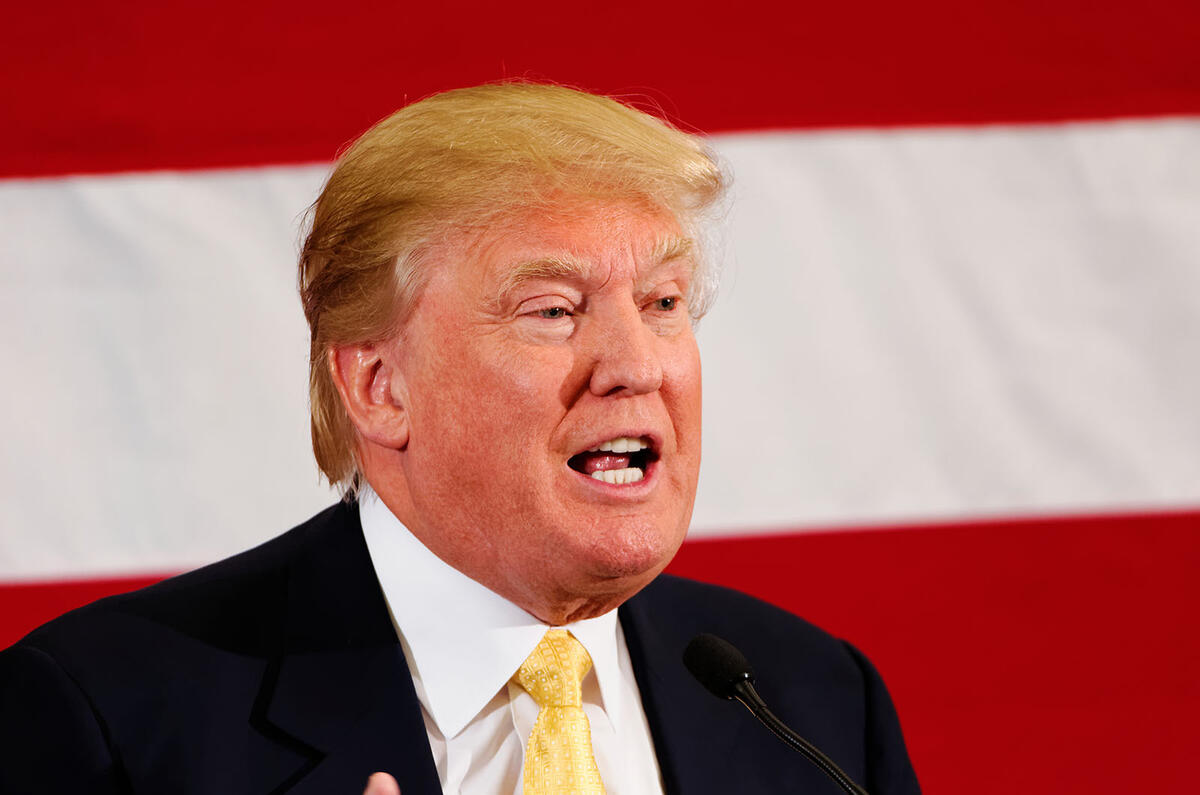Let’s imagine you were a European car manufacturer looking to launch into the US, the world’s second largest car market after China. A car maker like Skoda, for instance, or Citroen, DS or Peugeot, or even Alfa Romeo, Chrysler relationship notwithstanding.
All that planning, all that complication, all the challenges - and then Donald Trump, with his ‘America first’ policies and avowed intention to impose tariffs and blocks on free trade and labour movements, lands in the White House. What do you do now It seems the answer is to sit tight and say nothing, which is probably not a bad policy given The Donald’s apparently short fuse in the face of criticism and his see-sawing attitude to whether today’s policy will remain tomorrow’s.
After all, even homegrown Ford - America’s second largest car maker - has come to blows with him over its Mexican plants and workers. Given Ford found itself on the naughty step (albeit temporarily, if reports are to be believed), it's little wonder that brands that already import to the US are quietly and anonymously nervous and those looking to get into the country have gone virtually mute.
It’s one of the topics that makes this week’s LA motor show and January’s Detroit motor show so fascinating. Until Trump signals his intentions, much of the car industry is on tenterhooks to see how his presidency begins early in the new year - none more so than the British car industry, because in 2015 the US accounted for 11% of all exports, making it the largest region it exports to (greater, even, than China).
What's certain is that the complications presented by Brexit suddenly seem like small fry when compared to the potential closing down of such a large market; right now, from a global car making perspective, it's hard to see what positives will come from any change Trump and his team may impose.






Join the debate
Add your comment
All you can do...
Not unfathomable that...
Trade defecits
Like the UK the US has been mporting far too many goods in value compared to our expiorts.
That cannot go on indefinitely unless you accept an ever declining standard of living in the UK and US.
Politicians are like salesmen, the noise emanating from ther mouths upon either trying to make a sale or to get elected is not necessarily the whole truth.
As net importers both the US and UK have leverage with those countries wishing to sell us stuff.
Well, to be honest.........